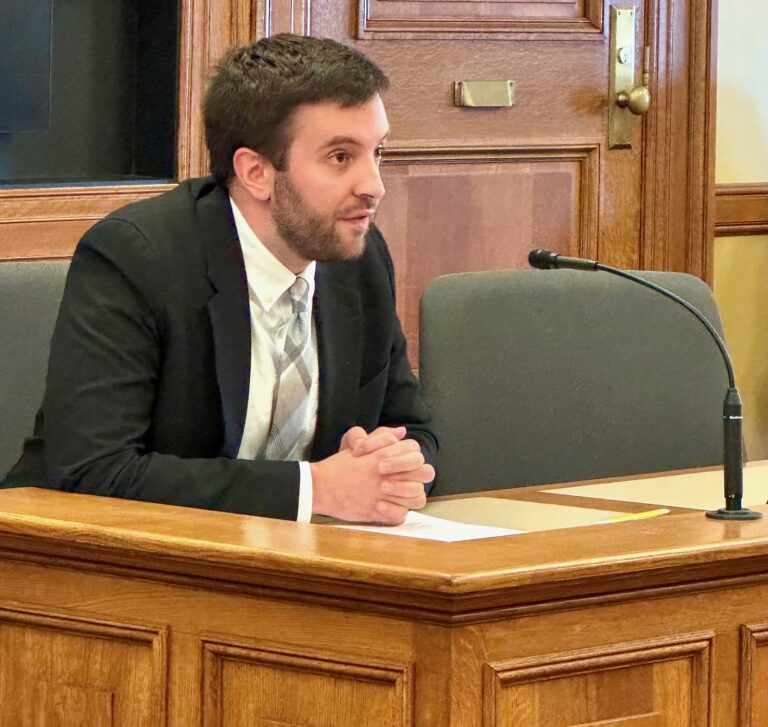“Your Right to Know” is available for publication at no cost.

Imagine I sue a school district for refusing to provide copies of records. Do I have to prove I’m entitled to them, or does the district have to prove it can withhold them?
That’s a question the Wisconsin Freedom of Information Council, along with the Milwaukee Journal Sentinel and Wisconsin Institute for Law & Liberty, have asked the Wisconsin Supreme Court to clarify, in a friend-of-the-court amicus brief filed on May 22.
This can be a complex topic, so let’s start with the basics. In court cases, one of the parties always has the “burden of proof” — the obligation to convince the court that its side is right. Most people are familiar with that concept in criminal cases. Every person is presumed innocent until proven guilty, and prosecutors have to prove their case “beyond a reasonable doubt” to convict a defendant.
In civil cases, plaintiffs have the burden to prove they are owed damages (or other relief) from defendants, but the burden is much lower — by the “greater weight” or preponderance of evidence. For example, if liability for a car crash depends on who ran the red light, the plaintiff must prove it was more likely than not that the defendant ran the light.
Records cases are civil cases, but the burden is reversed from the normal civil case. The Open Records Law creates a presumption that government records are public, which means that government records custodians must prove their case in order to win, usually by establishing an applicable exception. For example, if they claim that releasing the records will put somebody in danger, they must prove the danger is reasonably likely to occur; they can’t engage in mere speculation. If they claim the record is an exempt “draft,” they must prove its creator kept it for personal use and didn’t circulate it.
At least, that’s what the vast majority of records cases have said. But a handful of cases have suggested the opposite — that the burden actually belongs with the plaintiff.
That’s because what is sought in records cases is a “writ of mandamus.” This is a court document ordering a government official to perform a specific action, like compelling a local clerk to certify a recall election or a zoning board to issue a building permit.
To obtain a writ, plaintiffs usually have the burden to prove: (1) they have a clear legal right to the relief sought; (2) the official has a clear legal duty to perform the act; (3) they will suffer legally recognized damages without relief; and (4) they have no other adequate avenue of relief. If plaintiffs fail to prove any of those four things, they lose.
In the records law context, courts almost never analyze cases like that. Instead, they start from a presumption of access and then analyze whether the reasons the custodian gave for denying a record request are legally valid. But in a few cases (6 out of 41, from my research), courts instead analyzed whether the plaintiff had proven all four elements of mandamus — typically focusing on the first and second elements regarding the requester’s clear right and the custodian’s clear duty.
We think those six cases, including one case now before the Supreme Court, approached the question wrong. So we’re asking the court to resolve the conflict. We aren’t taking a position on the merits of the underlying case (which seeks court records finding individuals incompetent to vote), but we believe it’s important that courts use the right analysis.
We hope and trust that the court will issue a decision in keeping with the law’s mandate that all persons are entitled to a maximum amount of access to public records.
Your Right to Know is a monthly column distributed by the Wisconsin Freedom of Information Council (wisfoic.org), a group dedicated to open government. Tom Kamenick is the president and founder of the Wisconsin Transparency Project.



